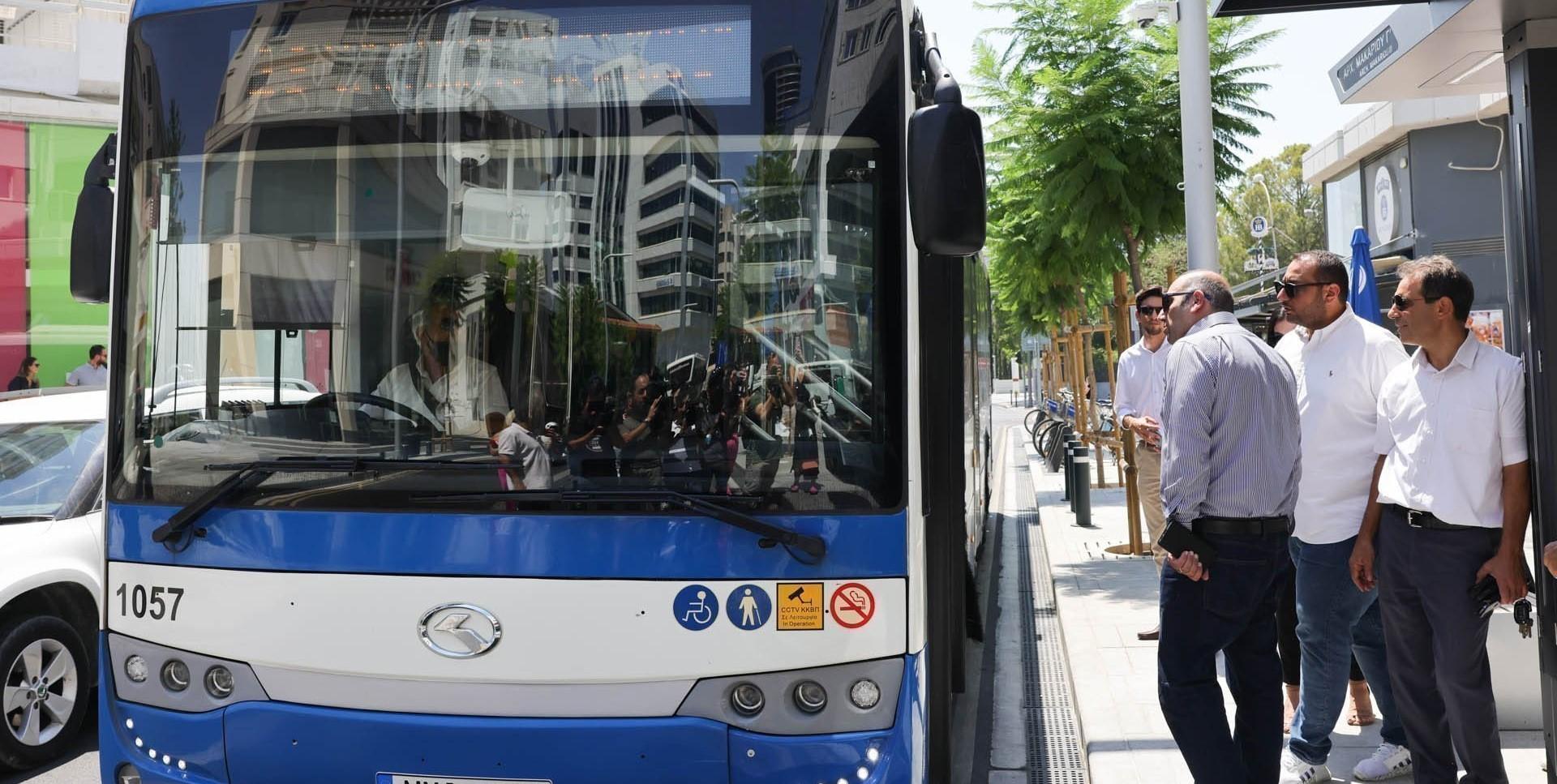In the coming years, Larnaca will undergo a significant transformation with the construction of a modern bus station that meets European standards in the city center.
The Cyprus Ministry of Transport, Communications, and Public Works recently announced an open tender through the Department of Public Works for the design, construction, and maintenance of the new transport hub.
The preliminary cost of this ambitious project is estimated at €7 million, excluding VAT. According to the ministry's statement, the initiative will cover the construction of the bus station building and the modernization of a key section of the road network. This includes upgrading the infrastructure on Faliro Street, which connects important transportation and urban destinations. The project is part of a large-scale national strategy to develop sustainable public transportation across the island.
The new bus station is expected to transform the city's passenger transport landscape. Spacious platforms, comfortable waiting areas, digital timetables, and architecture that blends harmoniously into the urban landscape will establish Larnaca as a leader in public transportation. The initiative will focus on providing high-quality service, ensuring safety, and improving accessibility, including facilities for people with reduced mobility and parents with children.
However, functionality is not the only goal. Thanks to improved transport logistics and incentives to use public transportation, the authorities expect a significant reduction in car traffic on the city's central streets. This will lead to reduced congestion, lower air pollution levels, and an improved environmental situation in the region.

The project's tender is being conducted through an open, competitive procedure. The main criterion for selecting the contractor is the lowest price offered, provided that all quality and deadline requirements are met.
Applications from interested contractors will be accepted until September 19, 2025, and the contract is tentatively scheduled to be signed in mid-December. The work will be carried out in a "design-build-operate" format and will take 16 months from the start. Residents and visitors to Larnaca will be able to use the new bus station within the next two years, taking into account possible procedural delays and adaptation to urban planning regulations.
The Larnaca bus station will be more than just a transportation facility; it will be a full-fledged attraction — a modern urban space that combines functionality, aesthetics, and a sustainable approach to urban mobility. This project is expected to serve as a model for future developments in Paphos, Nicosia, and other Cypriot cities, where discussions about modernizing outdated bus stations are also underway. Investing in public transportation infrastructure is an investment in convenience and the future. Larnaca is preparing to confidently take this step forward.
